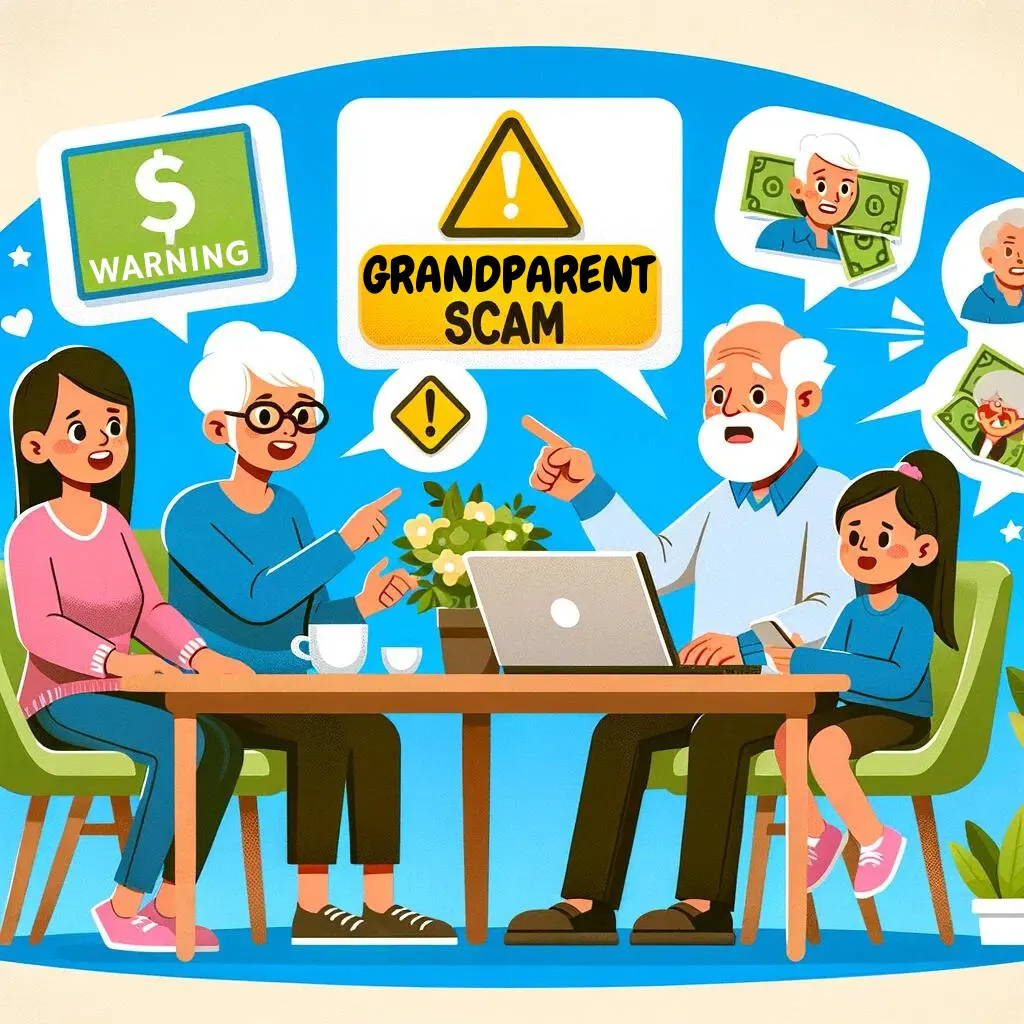Two out-of-state individuals are facing legal charges after an elderly resident of Warwick reported being targeted in a scam.
The incident, known as the Warwick Grandparent Scam, unfolded when the victim informed the Warwick Police that they were anticipating the arrival of the suspects at their home to collect money on Friday. Consequently, law enforcement officers were prepared and stationed at the scene.
Upon surveillance, detectives positioned inside the victim’s home observed an individual approaching the residence, fitting the description of a suspect linked to a similar recent scam in Coventry.
The authorities pursued the suspect, successfully apprehending him and an accomplice. Both individuals are now facing charges related to Obtaining Property Under False Pretenses, as stated by the police.

The suspects were identified as Jason Rhodes, 34, from Flushing, N.Y., who was present at the victim’s residence, and Robert Munoz, 29, from Miami, Fla., believed to be the getaway driver. According to a press release by the Warwick Police, a court-authorized search of a hotel room in Warwick, registered under Munoz’s name, led to the seizure of a significant amount of cash and evidence linking the suspects to other instances of the “grandparent scam.”
Understanding and Combating the Grandparent Scam
The grandparent scam is a form of financial fraud that preys on the elderly by exploiting their love and concern for their family members. This scam has become increasingly common, causing emotional and financial distress to countless victims. In this article, we will delve into the workings of the grandparent scam, its impact, and the measures that can be taken to prevent it.
What is the Grandparent Scam?
The grandparent scam is a deceitful scheme where scammers impersonate a grandchild or another close relative in urgent need of financial help. The scam typically begins with a phone call to an elderly individual, with the caller claiming to be a grandchild who has encountered an emergency situation. Common scenarios fabricated by the scammer include being arrested, involved in a car accident, or requiring immediate medical attention.
The scammer, playing on the victim’s emotions, will plead for money to be sent urgently to resolve the supposed crisis. They often request that the funds be transferred through wire transfers or gift cards, methods that are difficult to trace and recover. The scammer might also insist on secrecy, urging the victim not to disclose the situation to other family members, which further isolates the victim and increases the likelihood of the scam’s success.

Impact of the Grandparent Scam
The grandparent scam can have devastating consequences for its victims. Financially, the losses can range from a few hundred to several thousand dollars. For many elderly individuals, these losses can represent a significant portion of their life savings.
Beyond the financial toll, the emotional impact can be equally severe. Victims often experience feelings of shame, guilt, and embarrassment for having fallen for the scam. The betrayal of trust can also lead to a decrease in confidence and an increased sense of vulnerability, which can affect the victim’s overall well-being and quality of life.
Red Flags and Warning Signs
Awareness of the red flags and warning signs associated with the grandparent scam is crucial for prevention. Some of these include:
- Urgency: The scammer creates a sense of urgency, pressuring the victim to act quickly without verifying the information.
- Secrecy: The caller insists on keeping the situation a secret from other family members.
- Unconventional Payment Methods: The scammer requests money through wire transfers, gift cards, or other untraceable methods.
- Lack of Specific Details: The caller may be vague about the circumstances of the emergency or unable to answer specific questions that a real family member would know.
Preventative Measures
To protect oneself and loved ones from the grandparent scam, it is important to take proactive measures:
- Verify the Caller’s Identity: If you receive a call from someone claiming to be a relative in distress, hang up and call the person back on a known phone number to verify their identity.
- Educate Family Members: Discuss the scam with family members, especially the elderly, to raise awareness and ensure they know how to respond to suspicious calls.
- Set Up Privacy Controls: Use privacy settings on social media to limit the amount of personal information that is publicly available, as scammers often use this information to make their story more convincing.
- Secure Financial Information: Keep financial information and account details secure and avoid sharing them over the phone unless you are certain of the recipient’s identity.
What to Do If You Suspect a Scam
If you suspect that you or a loved one has been targeted by a grandparent scam, it is important to take immediate action:
- Do Not Send Money: If you are unsure about the legitimacy of the request, do not send any money or provide any financial information.
- Report the Incident: Contact your local law enforcement and report the incident to the Federal Trade Commission (FTC) or other relevant authorities.
- Alert Your Bank: If you have provided any financial information or made a payment, contact your bank immediately to report the fraud and discuss any possible measures to recover the funds.
The grandparent scam is a cruel and manipulative fraud that preys on the elderly’s love for their family. By staying informed, vigilant, and proactive, individuals can protect themselves and their loved ones from falling victim to this deceitful scheme. Remember, when in doubt, verify the caller’s identity, and never rush into sending money under pressure. Together, we can combat the grandparent scam and safeguard the well-being of our elderly population.
